Home
About
Program
Speakers
Partners
Audience
Sustainability
Event Details
Challenge
Contact
REGISTER
WOHESC
2026 Program
| Monday, March 2nd, 2026 | |||||||
| 1:00 - 3:00 PM |
Presented by
 |
||||||
| TOURS Space is Limited: Pre-Registration REQUIRED
|
|||||||
| 1:30 - 3:00 PM |
|
||||||
| 2:00 - 4:00 PM |
|
||||||
| 3:00 - 5:00 PM |
|
||||||
| 3:00 - 5:00 PM |
|
||||||
| 3:00 - 5:00 PM |
|
||||||
| 3:00 - 5:00 PM |
|
||||||
| 3:00 - 5:00 PM |
|
||||||
| 3:00 - 4:30 PM |
|
||||||
| 3:00 - 5:00 PM |
|
||||||
| 3:00 - 4:00 PM |
|
||||||
| 5:30 - 7:00 PM |
Peek Family Forum at Founders Hall. |
||||||
| Tuesday, March 3rd, 2026 | |||||||
| 8:00 AM |
Mural Lounge Breakfast sponsored by
 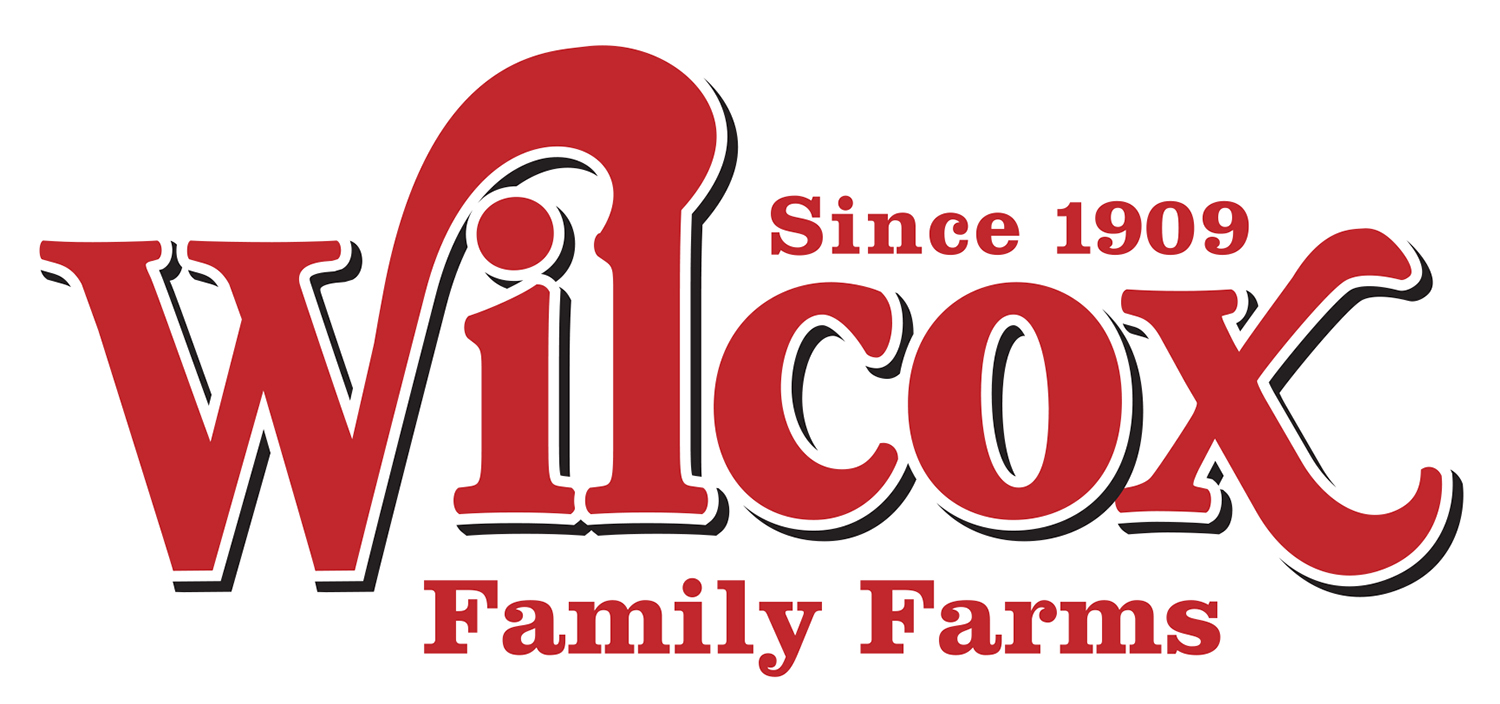 |
||||||
| 9:00 AM |
|
||||||
| 9:05 AM |
Ballroom (2nd floor) 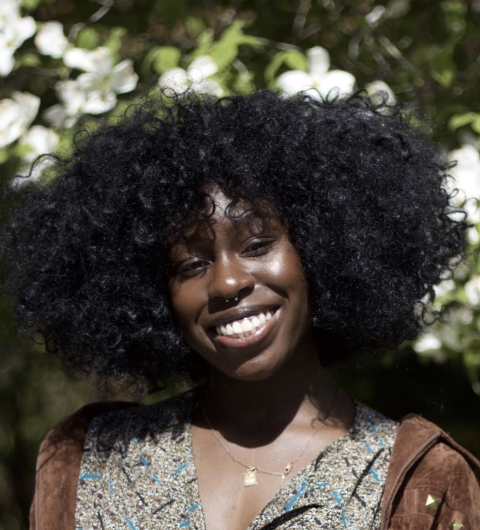 Aimée Okotie-Oyekan | Founder and Principal, Aiyé Collaborative |
||||||
| 9:35 AM |
Ballroom (2nd floor) 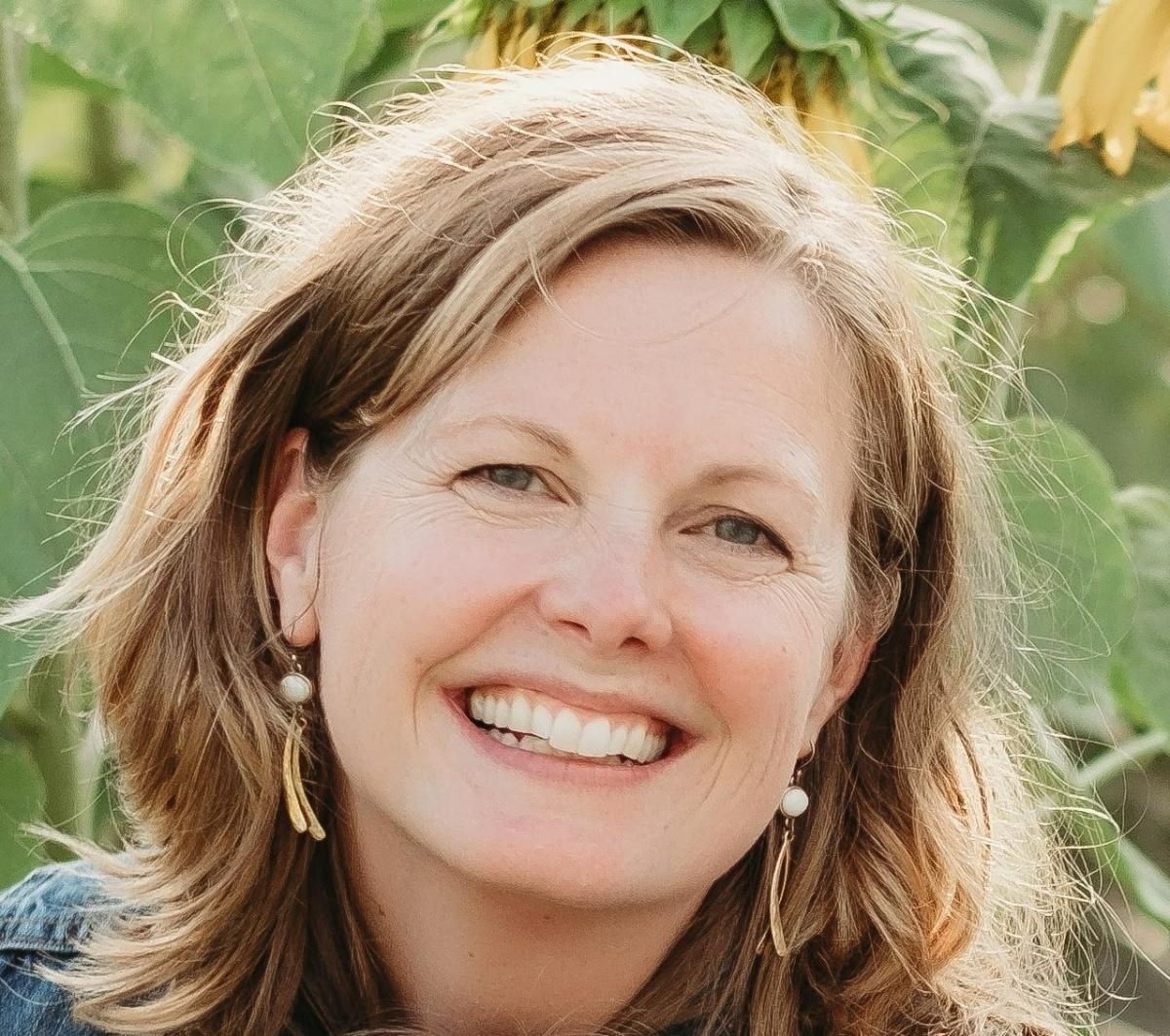 Moderator: Lisa Dulude | Director of Sustainability, University of Washington 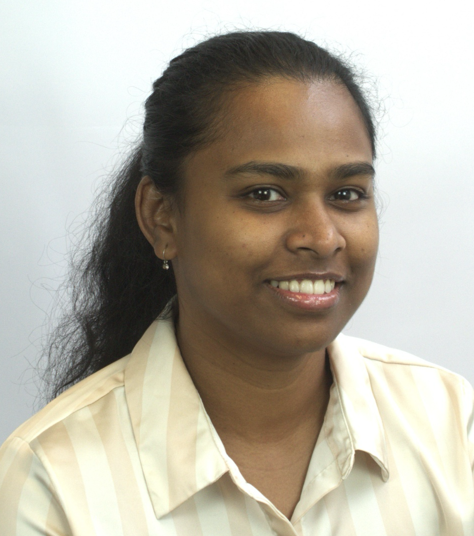 Hemalatha Velappan | PhD Candidate, University of Washington  Keara Monique Alonso-Lopez | Food Equity Lead at Student Sustainability Center, University of Oregon 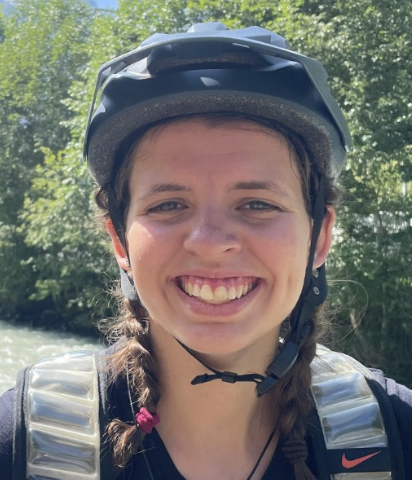 Isabella Mitchel | Student Engagement Intern, Sustainability Office, Oregon State University 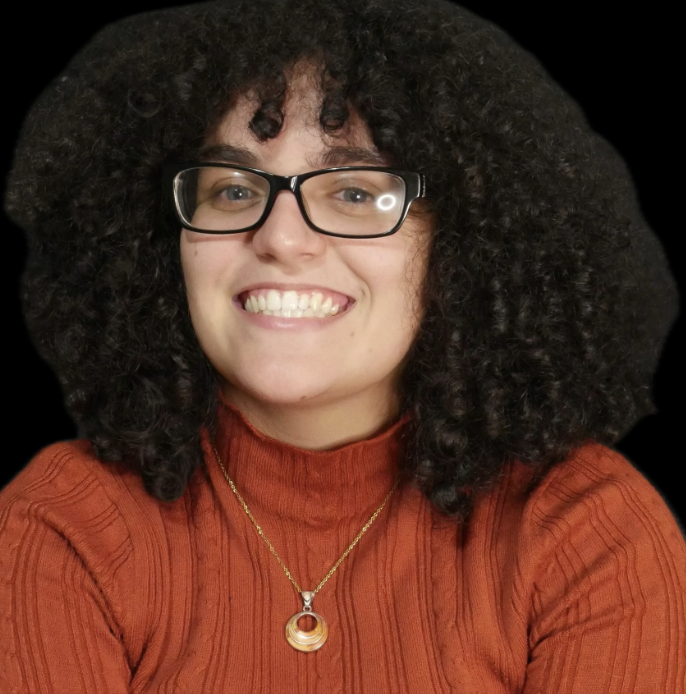 Brooke Cruz | Student Sustainability Ambassador, Central Washington University 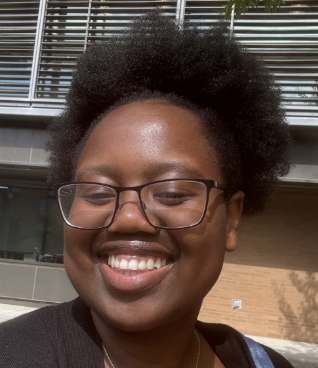 Tiyamike Chabwera | Basic Needs Ambassador, Portland Community College (PCC) |
||||||
| 10:45 AM |
|
||||||
| 11:15 AM |
Ballroom (2nd floor) |
Room 214 |
Room 334 |
||||
Room 332 |
Room 337 |
Room 145 |
|||||
| 12:30 PM |
Presented by
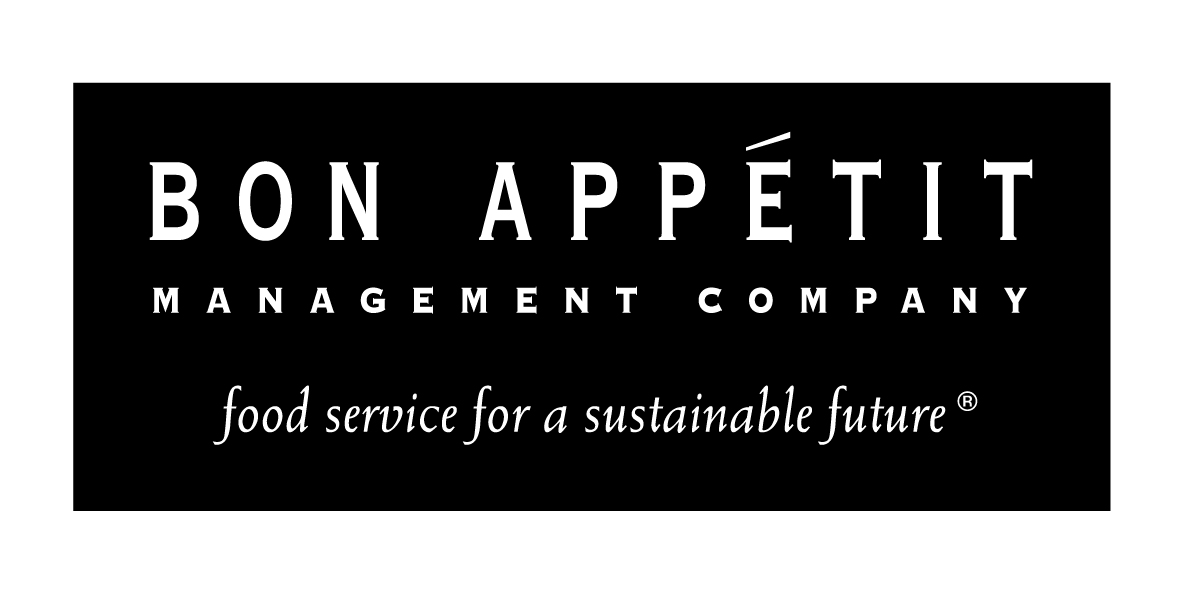 |
||||||
| 1:30 PM |
Ballroom (2nd floor) |
Room 214 |
Room 334 |
||||
Room 332 |
Room 337 |
Room 145 |
|||||
| 2:45 PM |
Ballroom (2nd floor) |
||||||
| 3:15 PM |
Ballroom (2nd floor) |
Room 214 |
Room 334 |
||||
Room 332 |
Room 337 |
Room 145 |
|||||
| 5:00 PM | MEETUPS |
||||||
|
|
|||||||
|
|
|||||||
|
|||||||
| 6:00 PM |
|
||||||
| Wednesday, March 4th, 2026 | |||||||
| 8:00 AM |
|
||||||
| 9:00 AM |
|
||||||
| 9:05 AM |
Ballroom (2nd floor) |
||||||
| 9:30 AM |
Ballroom (2nd floor) 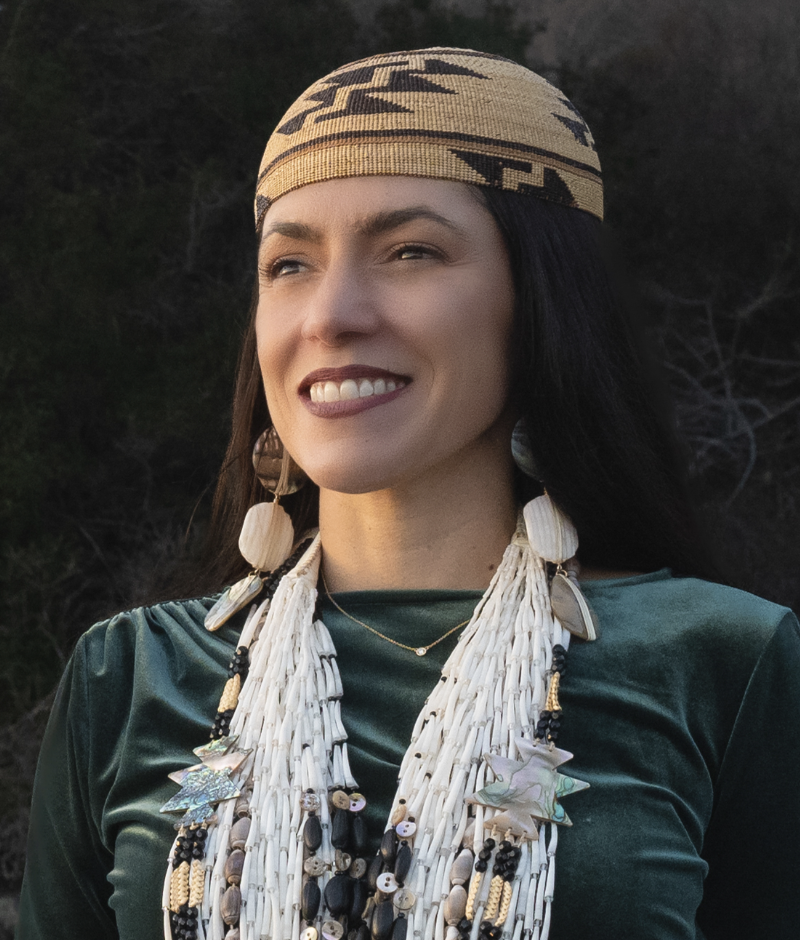 Amy Bowers Cordalis | UN Champion of the Earth, Time 100 Climate Leader; Author, The Water Remembers |
||||||
| 10:00 AM |
Ballroom (2nd floor) 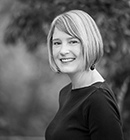 Moderator: Sarah Stoeckl, PhD | Director, Office of Sustainability, University of Oregon  Amy Bowers Cordalis | UN Champion of the Earth, Time 100 Climate Leader; Author, The Water Remembers 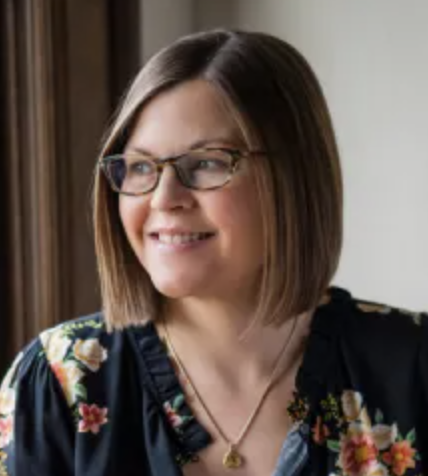 Karen Thompson Walker | Novelist and Associate Professor of Creative Writing at the University of Oregon 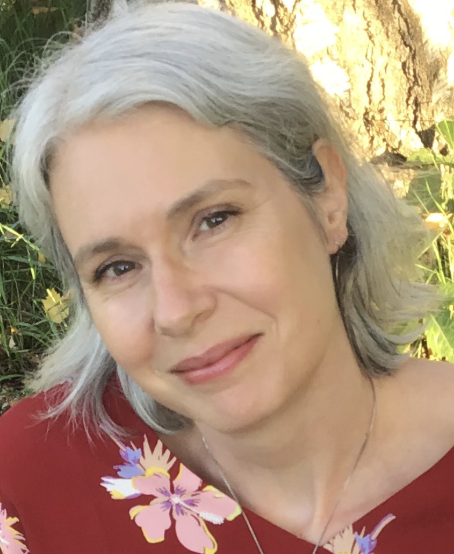 Johanna Stoberock | Author, Pigs: A Novel 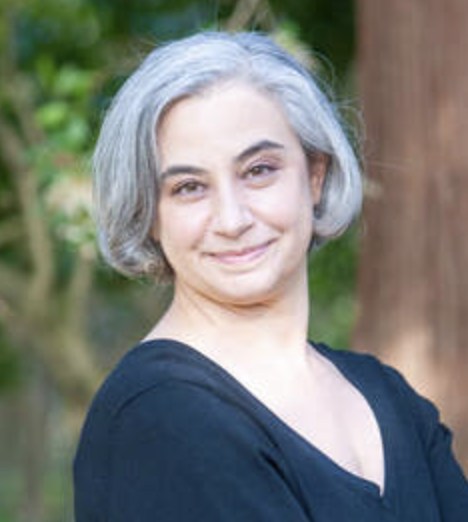 Laurie Frankel | Author, One Two Three 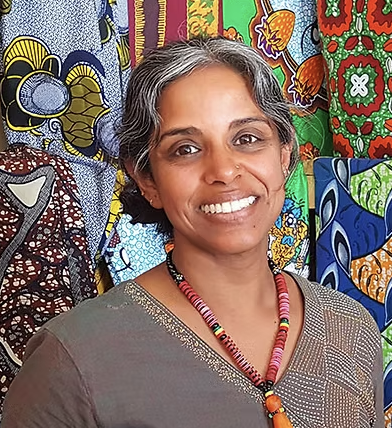 Anu Taranath | Author, Beyond Guilt Trips: Mindful Travel in an Unequal World |
||||||
| 11:00 AM |
|
||||||
| 11:30 AM |
Ballroom (2nd floor) |
Room 214 |
Room 334 |
||||
Room 332 |
Room 145 |
Room 337 |
|||||
| 12:45 PM |
|
||||||
| 1:45 PM |
Ballroom (2nd floor) |
Room 214 |
Room 334 |
||||
Room 332 |
Room 337 |
Room 145 |
|||||
 © 2026 | Event by Social Enterprises, Inc.
© 2026 | Event by Social Enterprises, Inc.
PO BOX 31039
Portland, OR 97231
Office | 503.226.2377
Toll Free | 1.855.740.8417